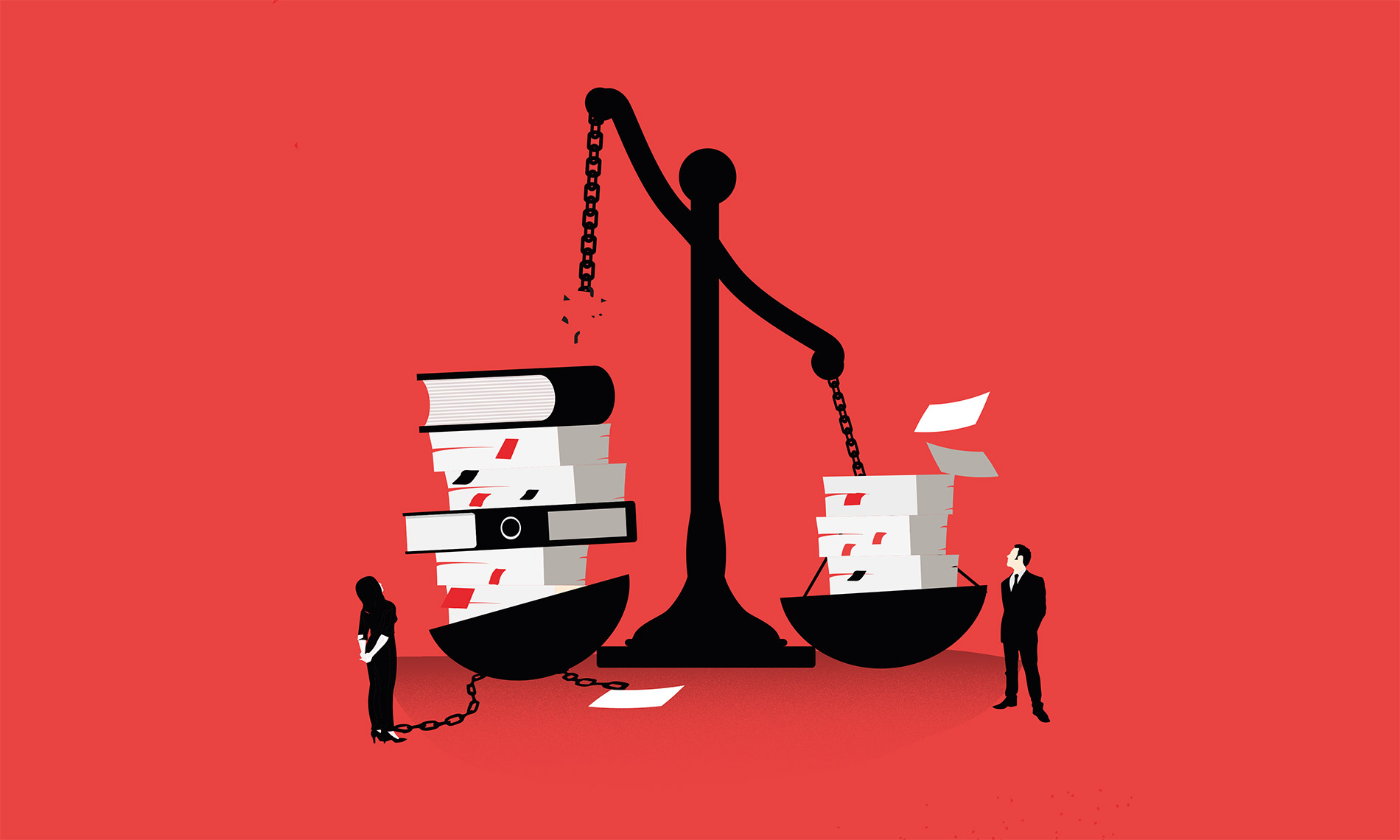The received wisdom is that a downward trajectory in the economy results in an upward trajectory in contentious work as the environment becomes more acrimonious, and by extension more litigious. Of course, this is a simplistic take, but it does describe something that is approximately true.
But no downturn completely resembles the one before it. Though an overused description generally, even a cursory glance at the state of the economy shows the chaos wrought by the Covid-19 lockdown is truly unprecedented – the 20.4% contraction in in the economy during the second quarter of 2020 was the largest since records began.
Moreover, the economic crises of the past were caused by underlying weaknesses in the global economy and were not self-imposed; though the lockdown did inflame the UK’s reliance on the British consumer to keep its economy going.
True, much about the current crisis is entirely unfamiliar. However, the immediate response was markedly similar to that post-Lehman and generally what you would expect in any downturn as contentious lawyers fought fires alongside their transactional counterparts. And much like there was in 2016 when the UK voted to leave the European Union, firms were quick produce an array of briefings for their clients on what to expect (even if the flurry of force majeure-related matters that saw lawyers dust off their textbooks in March never came to pass).
But the feeling in the market is the initial skirmishes clients found themselves in have temporarily abated and instead the market has entered a phoney war where the main flashpoints are yet to emerge. The same was true in 2008, when companies spent months (sometimes years) repairing their businesses before they started pursuing litigation and providing Big Law with marquee disputes to get stuck into.
‘In 2008/09 there was a bit of a hiatus, then the trickle became a stream which became a flood,’ says Travers Smith’s head of disputes Rob Fell. ‘We’re probably in a bit of a similar position to that. It is the calm before the storm but the storm is coming, I am afraid to say. I fear for the British economy in 2021, but it will be a busy period for litigators. We are braced for that wave.’
That is not to say litigators have not already been eyeing up large Covid-related disputes, with insurance-related work in particular moving up a gear. The most notable example came in April when Mishcon de Reya teamed up with litigation funder Harbour to examine a potential class-action claim against insurer Hiscox over its refusal to pay out on business interruption policies.
But it is clear that the aggressive intervention by the government – most significantly the furlough scheme – has postponed a surge of restructuring and litigation work rather than removed the need for it. The question now is not whether the conflicts are coming, but where will they arise and for long will clients be fighting them?
The educated guesses are disputes around restructuring (particularly in retail), shareholder actions, and fraud will all see upticks. Regarding the latter, one City litigation head recalls the famous Warren Buffett quote: ‘When the tide goes out you see who’s been swimming naked.’
Crucially for cash-rich litigation funders, this is exactly the sort of work they find attractive. For a long time funders have had more capital than cases to invest in but Covid-19 could see that change. ‘They’ve become incredibly active,’ says Tom Hibbert, global head of litigation at RPC. ‘They’re no longer passive recipients, they are much more dynamic.’
The litigators and chambers Legal Business spoke with believe the New Year will bring more clarity as to the breadth and tail of Covid-related work, but early the early indicators are of a pipeline lasting at the very least three years, though the likelihood is it will run much longer. As one senior clerk put it: ‘This will keep us in silk pyjamas for a long time.’
thomas.alan@legalbusiness.co.uk
For more on the pre-lockdown litigation climate, see our Disputes Yearbook 2020











